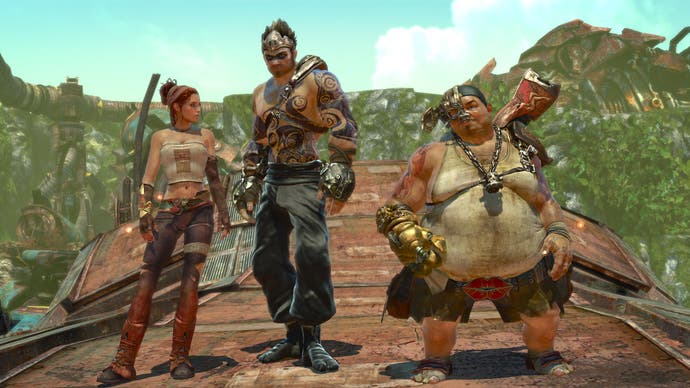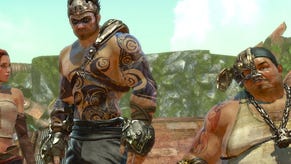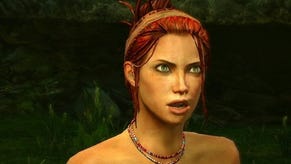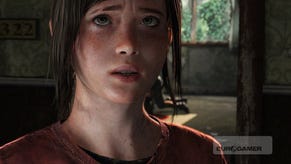Games of 2010: Enslaved: Odyssey to the West
Great apes.
Enslaved isn't my favourite game of 2010. It isn't the title I spent the most time playing. It doesn't even fit within the central themes which ran through my gaming year: dancing, farming, waggling, waving and platforming like it's 1994.
I've chosen Enslaved as my game of the year all the same. In truth, this is partly because I've said all I have to say about dancing games and FarmVille and retro comebacks. And because I can barely remember anything about all those waggly and wavy games except the fact that at least half of them had "sports" in the title and only three of them were any good.
But to say it's just because of that would be doing Enslaved a disservice. This game stood out, and it still sticks in my mind three months on. I recall it being flawed, no doubt, but it was also more original, engaging and memorable than almost all the other games I played in the last 12 months.

At the risk of sounding negative, a lot of that is down to what Enslaved is not. It isn't yet another instalment in yet another blockbuster series. It features new characters, a new storyline and a new world to explore. (All right, they're nicked off an ancient Chinese legend, but I can't say I'm familiar with it. I did watch the eighties TV show but that made no sense anyway.)
A special mention has to go to the score by Nitin Sawhney. Never intrusive, always appropriate and sometimes just beautiful, it's the perfect accompaniment whether you're engaged in a tense action sequence or enjoying a bit of the old pathos. It sets the game's tone in a subtler but no less effective way than all those post-apocalyptic landscapes.
Enslaved is not an embarrassment when it comes to storytelling and character acting, like so many videogames are. The script, by The Beach and 28 Days Later author Alex Garland, is tight and believable. Characters don't bang on and on about what's happening around them, just in case you missed it. They communicate at least as much with their facial expressions and body language as they do with their words, just like in proper films. And, you know, real life.
As I wrote in my review, Enslaved has been constructed with the understanding that what is left unsaid can have more of an impact than what is said. This is important because so much of what is said in videogames is unnecessary, poorly written and riddled with clichés.








